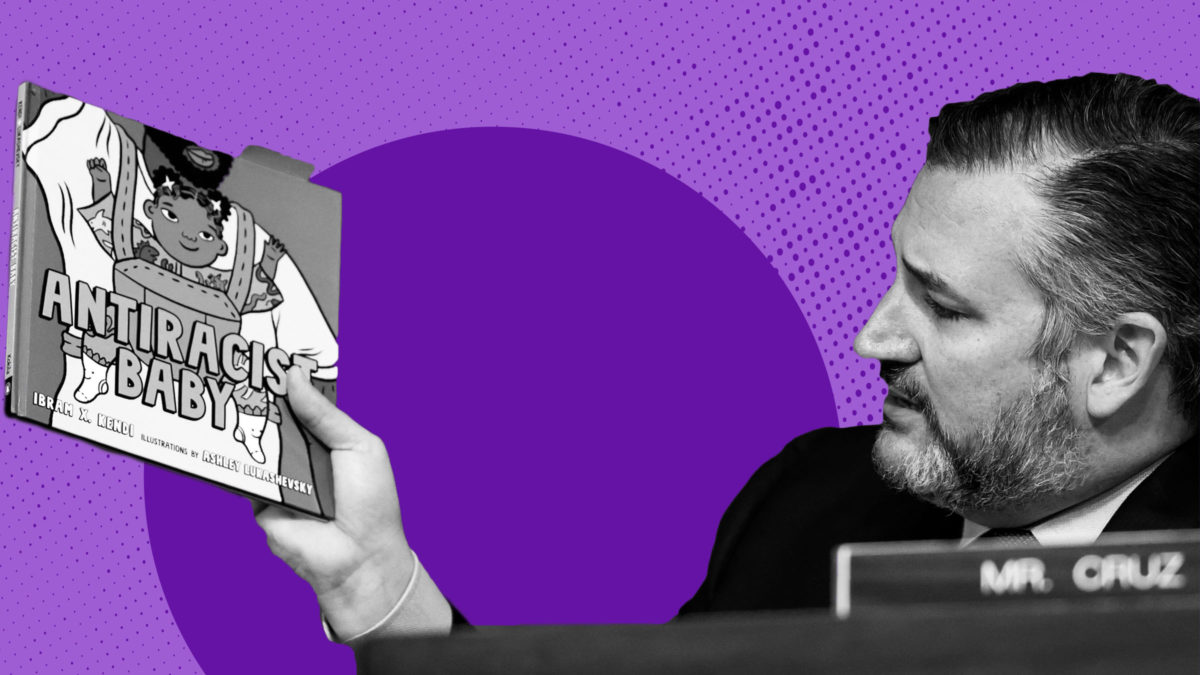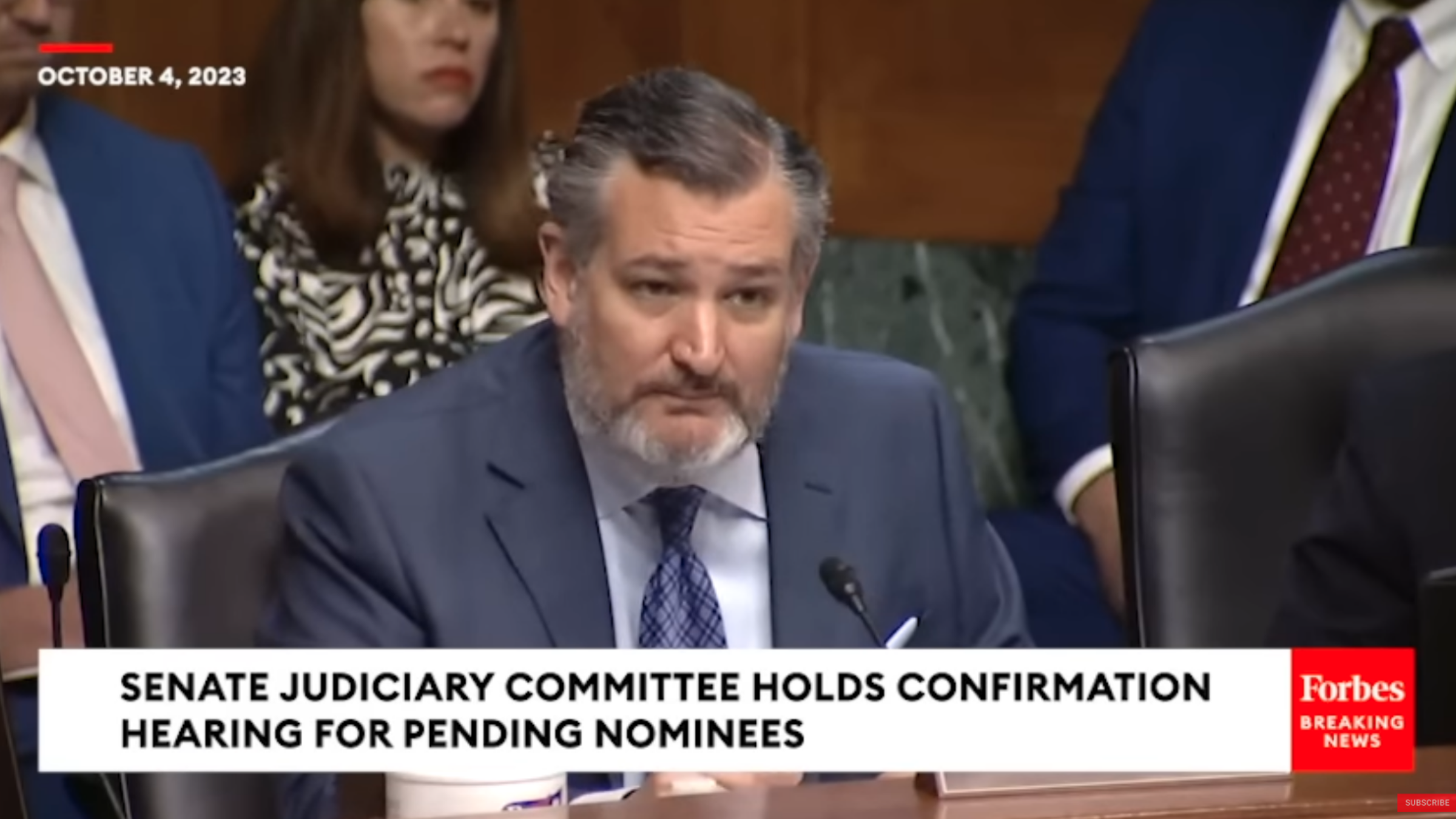Mustafa Kasubhai, whom President Joe Biden has tapped to fill a federal district court vacancy in Oregon, has a relatively unconventional résumé for a judicial nominee. Before he became a state court judge in 2007, Kasubhai was a plaintiff-side lawyer who handled workers’ compensation claims, litigated employment discrimination cases, and otherwise represented normal everyday people, as opposed to the corporate megaclients and/or hulking systems of mass incarceration that most judges have spent their careers zealously advocating for.
For anyone who thinks life-tenured federal judges should not be reflexively sympathetic to the wealthiest and most powerful people who routinely pass through their courtrooms, the nominations of people like Kasubhai are cool as hell. The American legal system is quite bad; putting professionally diverse lawyers on the bench has the potential to make it a little less so.
What excites me most about the prospect of Kasubhai’s confirmation, however, is that he would provide the federal judiciary with confirmed representation of a niche constituency that is very important to me, personally: dudes who spent their early adulthoods writing earnest, godawful poetry.
Kasubhai’s amateur literature career was revealed during his confirmation hearing last week, when conservative podcaster and occasional senator Ted Cruz read aloud from “Sensualized Property Theory,” a poem Kasubhai wrote as a law student some 30 years ago. (Here I offer my sincere thanks and heartfelt condolences to HuffPost’s Jen Bendery, who I hope receives hazard pay for doing a job that required her to watch Ted Cruz read poetry in public.)
Clip of Ted Cruz saying “exquisitely explosive eros” via YouTube
“Intimate knowing, the lovers kissed, familiar and ever-exciting, passionate transcendence beyond the physical exhilaration lies a burning light and our limbs are hearts,” Cruz said, out loud, in the presence of other people, only some of whom had the option to flee the room.
“Floating, flying, falling in every direction, amorphous and wonderful, time-stretching, space-curving, exquisitely explosive eros, and yet, I timidly tremble every time,” Cruz concluded, ensuring that anyone within earshot would be unable to so much as read their kids a Dr. Seuss book ever again.
This charming mess of overwrought adjectives and hamfisted alliteration was part of an article about the philosophical underpinnings of property law that Kasubhai wrote for his law school newspaper, which, in fairness to Kasubhai, means that Cruz may well have quoted the least agonizing excerpt. The nominee, who probably did not anticipate being confronted with the silliest thing he wrote as an angsty twentysomething who’d watched Dead Poets Society too many times, conceded that the poetry was “definitely not good.”
Cruz framed “Sensualized Property Theory” as evidence that Kasubhai is a closet Marxist whose beliefs lie “far out of the mainstream.” Yet as embarrassing as this may have felt for Kasubhai, youthful enthusiasm for attempting ill-advised poetry is one of the most relatable qualities an aspiring public servant can have. In my view, Cruz’s failure to warn his audience that they were about to hear the words “exquisitely explosive eros” escape from Ted Cruz’s mouth indicates that his grasp on what constitutes “mainstream” behavior is tenuous at best.


